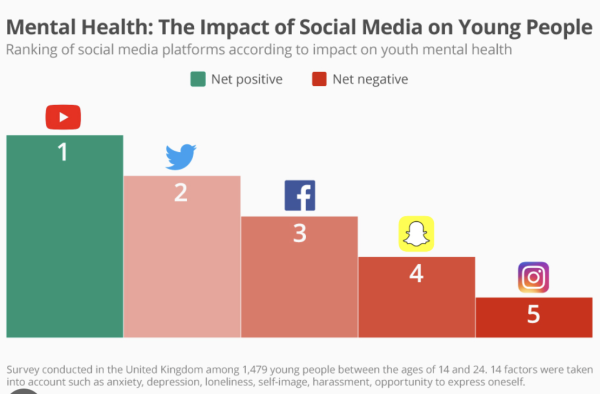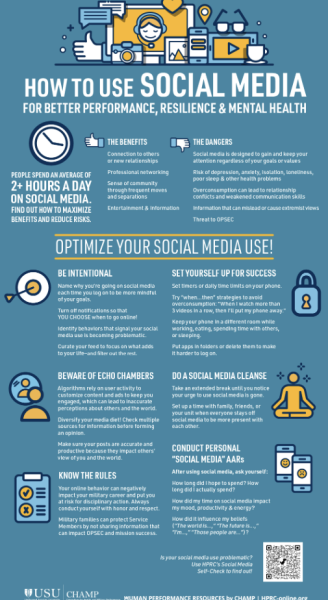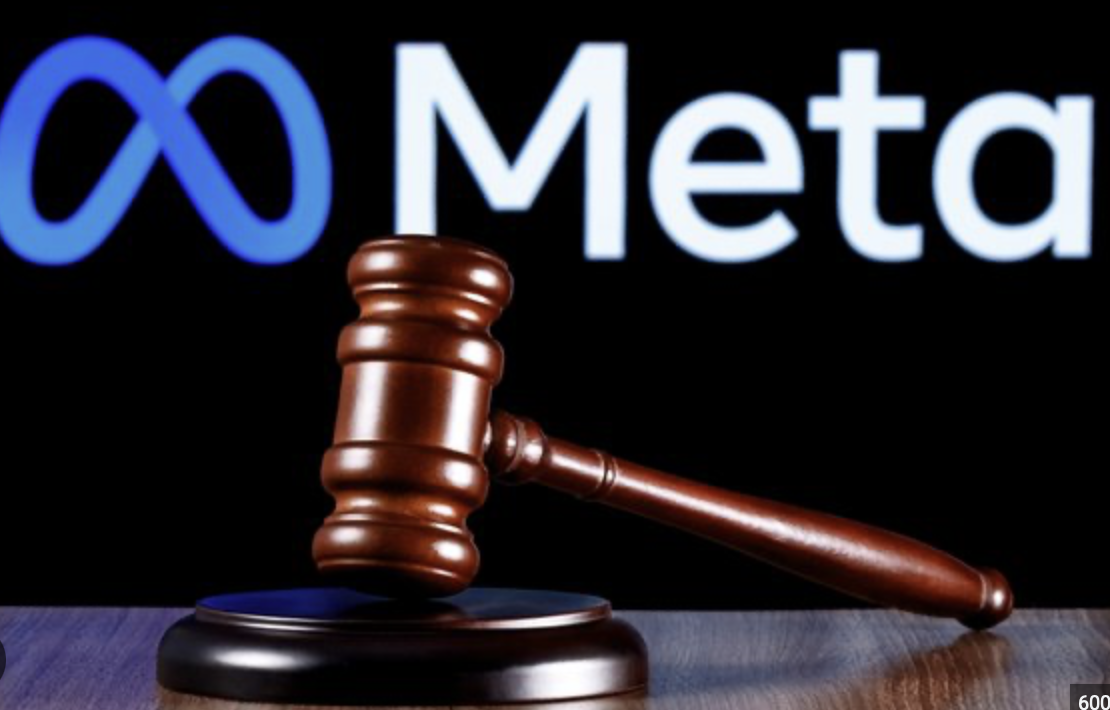As of October 24, a total of forty-two states (84% of states) are appealing to sue Meta, the company operating Facebook and Instagram.
Exacerbated by the rise of social media especially in the younger and more susceptible generations, the addiction to these apps has led to increasing criticism, carried by the fact that the apps’ addictive features reel teens into addiction: the lawsuit surrounds the assertion that Instagram contributes to poor mental health among teens.

Led by states California and Colorado, the 233 page lawsuit was filed November 18, 2023. It explained, in detail, the dependence teens have begun to formulate around Meta’s plastic surgery filters and addictive algorithms, all targeted towards our youth—whose mental health is overlooked by the bottomline of the company.
The dispute between the states and Meta extends even further, with claims that Mark Zuckerberg, the CEO of Meta and Facebook, had allegedly disregarded warnings about the impact Instagram would have on young users’ mental health.
With complaints from the general public dating as early as 2019, members of the Meta team were frequently asked to remove the plastic surgery filters off Instagram to protect young, female users’ mental health. David Tessler, Meta head of Policy, then pleaded with Zuckerburg, but Zuckerburg had still refused to remove the filters and allowed all plastic surgery simulation filters on the platform.

Thus, this complaint implies that Zuckerberg intentionally ignored Instagram’s own research about the mental effects it has on its viewers, ranging from anxiety to depression and suicide attempts.
Alexandra Martin, for example, started using Instagram at twelve and immediately started viewing content focused on eating disorders and losing weight.
eating disorders and losing weight.
Alexandra’s use of Instagram ultimately contributed to the downward spiral of her mental health. The content being pushed at her centered around underweight models, severe diets and edited pictures. This lead her to develop anorexia and eventually attempts to commit suicide twice.
Her parents accused Meta of creating “a perfect storm of addiction, social comparison and exposure to incredibly harmful content” leading to their daughter’s condition; their legal case goes after the company for negligence, fraudulent concealment and unjust enrichment.

A Meta spokesperson, in response to these claims, states they are working on incorporating thirty new features into the app in order to protect teens.
However, as days go by, complaints and public lawsuits pile on top of Instagram. And although the future of social media seems grim, other social media features like Instagram’s new suicidal prevention feature aim to mitigate the damage that the platform can potentially catalyze.
Despite the criticism that social media has faced, it is undeniable that social media poses its own benefits (e.g. connecting with friends no matter the location, building a community, passing time, etc.).
Yet, despite its many benefits, its hard to overlook the looming harm—as explicitly expressed in the recent lawsuits, so it is important that society’s most susceptible, youthful population make the distinction examine closely the time and “type” of social media consumption they engage in.


